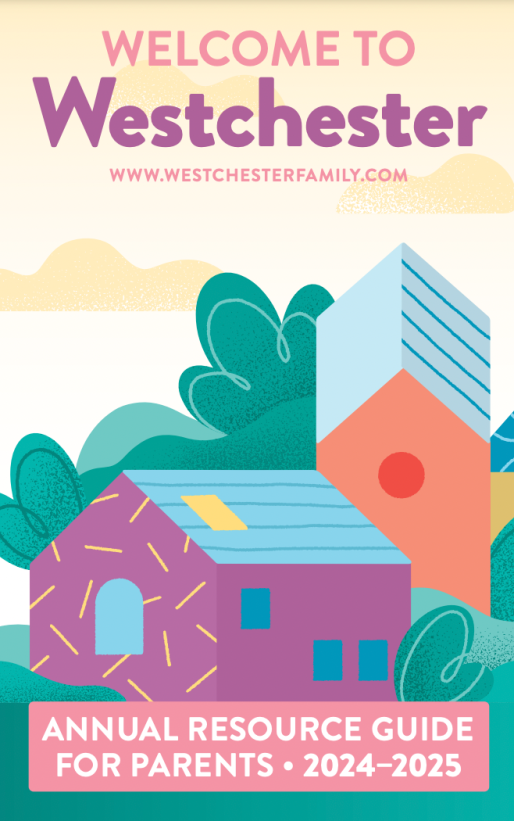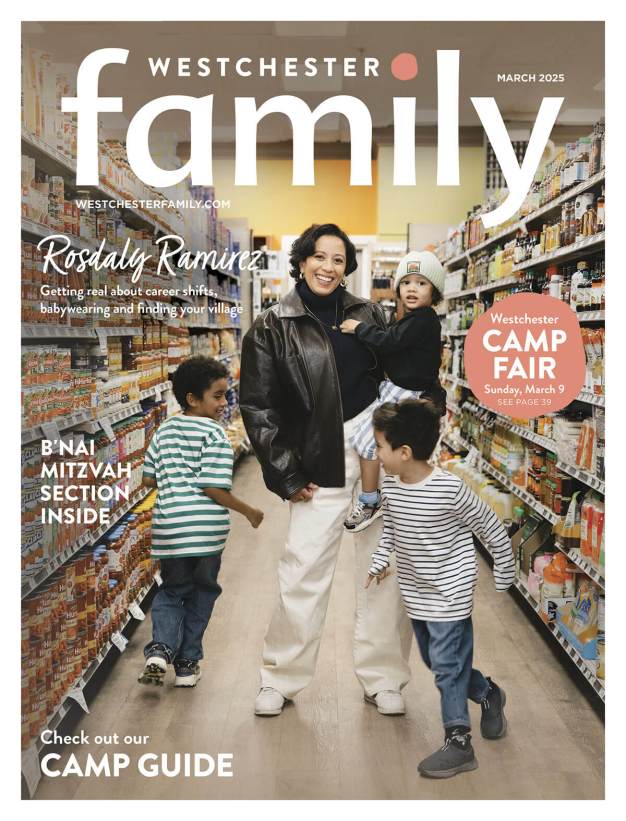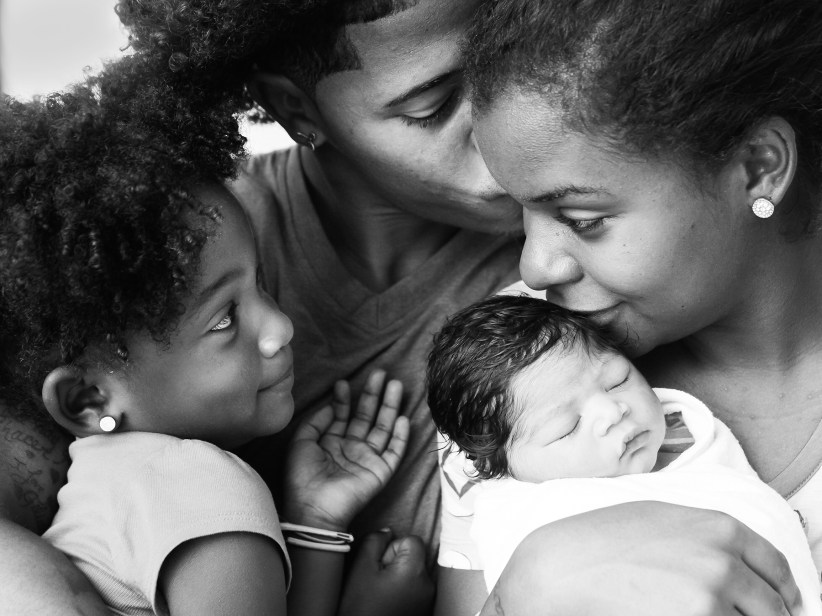Using mindfulness in parenting matters. It’s not a specific thing to do; it’s a way of life. Mindfulness is a long-term opportunity to build traits that lead to greater happiness and the capacity to manage challenges. It is about real-life situations and building skills rather than a simple buzz word. In fact, there is no more direct way to train attention and executive function (the developmental path related to self-management skills) than with mindfulness.
What Is It?
Mindfulness can be defined as being more fully aware of our experience in each moment, with less reactivity. A basic premise of it is that we spend a fair amount of time anywhere but here. With practice, we notice when we’re lost in distraction and then come back – we aim to pay attention to what’s actually going on right now more often. Without this type of awareness, what happens? We leap out of bed to get the kids to school and spend those few chaotic minutes with them thinking about our workday. At work, we fantasize about the weekend. Free for the weekend, we spend it worried about all that’s unresolved at our job. Distracted in that way, we’re on autopilot, doing and speaking and making choices around our children without giving any of it much useful attention at all.
One way to move away from this state of mind is through mindfulness meditation. This meditation style starts with attention. Our mind wanders and always will, and we train it to come back more often. It’s not an attempt to escape from reality or to have a perfectly still mind. The long-term intention is well-being and wisdom, but the basic intention is even simpler: Getting out of autopilot, which mindlessly keeps us living life out of habit, benefits our families in countless ways by allowing us to live life more intentionally.
For Kids
So what does mindfulness with kids mean? Another way of framing mindfulness is as a group of mental traits. It’s not that anything specifically gets fixed by a practice of mindfulness; it’s guiding children toward long-term skills that make life easier.
We teach children to become more attentive, less reactive, more compassionate and resilient. From that perspective, mindfulness is a way to build life management abilities, but far from the only one. We offer children tools to handle the challenging road ahead through any means that fit.
How to Apply Mindfulness
When we say that mindfulness means “paying attention to what we’re doing,” we transfer this to our children by paying more attention to them when we’re together. “Staying calm under pressure” means taking a few breaths and not blowing a gasket when homework falls apart. When we say to treat others with compassion that starts with how we speak to the frazzled guy at the airport dealing with our flight cancellation. Acknowledging honestly and openly that no one is perfect, we also recognize that we won’t stick to our own intentions all the time. We make mistakes and learn from them and keep going. Drawing our children into that part of life teaches them something too.
When it comes to teaching mindfulness, focus on the skills you want your children to develop, which matters more than whether they commit to a “mindfulness practice.” We guide kids to pay attention every way we can – by taking moments to pause and look at a seashell or by prioritizing activities that build attention (such as reading, chess and board games) over those that disrupt attention (excessive screen time). We discuss emotions and describe our own emotions. We live compassionately, read books that reflect other people’s perspectives, and generally immerse kids in compassion, while gradually considering if they’re ready for a compassion-based mindfulness practice.
Mindfulness is a tool kit for a different way of living, one that provides kids skills to manage life on their own one day. The good news is, kids don’t even have to practice it themselves to get there. They learn from watching us and from the overall way they live themselves. As you practice yourself, you’ll know exactly how to encourage your children to join you, but it’s the big picture of how they are raised that counts most.
Mark Bertin, M.D., is a pediatrician, author, professor and mindfulness teacher specializing in neurodevelopmental behavioral pediatrics.
He’s a regular contributor to Mindf
To Be a Mindful Parent …
Aim for mindfulness in everyday life. When you’re with your children, notice when you’re distracted and your attention wanders. Then guide it back to the full experience of your time together – sights, sounds, sensations, smells, thoughts, or emotions – in an unforced way, bringing your attention to your family time.










